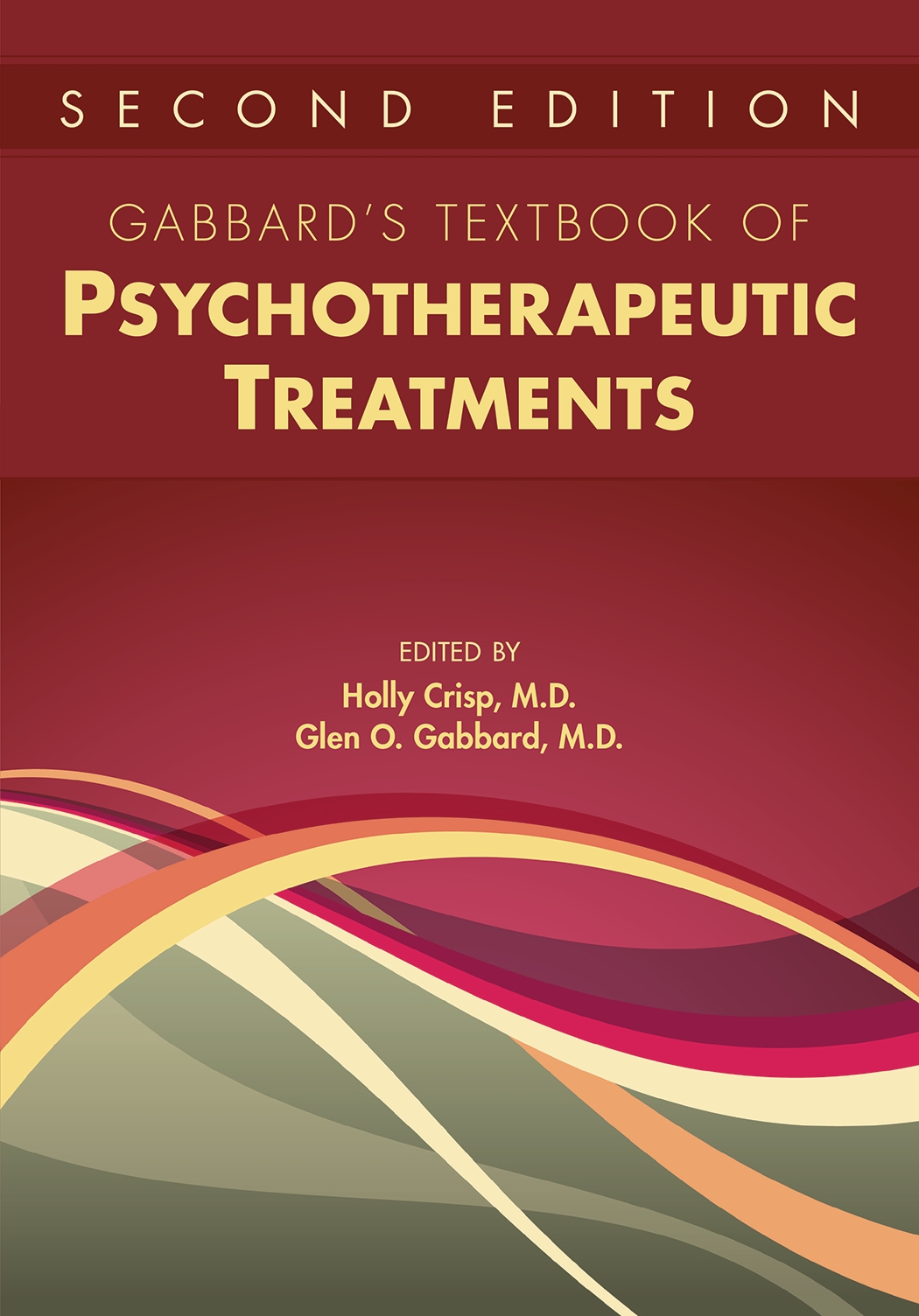Excerpt
Healthy relationships are a strong protective factor for illness outcome and contribute to the quality of our lives. The science of relationships, our concepts, assessments, and interventions, are the basis for family, couple, and group psychotherapies. Advances in neuroscience show resting state connectomes synchronizing with daily emotional connections between a parent and their child, leading Lee et al. (2017) to conclude that “families that fire together smile together” (p. 31). Cultural norms influence the expression of emotion and the meaning of expressed emotion, necessitating cultural adaptation of our interventions (Heru 2020).
Access content
To read the fulltext, please use one of the options below to sign in or purchase access.- Personal login
- Institutional Login
- Sign in via OpenAthens
- Register for access
-
Please login/register if you wish to pair your device and check access availability.
Not a subscriber?
PsychiatryOnline subscription options offer access to the DSM-5 library, books, journals, CME, and patient resources. This all-in-one virtual library provides psychiatrists and mental health professionals with key resources for diagnosis, treatment, research, and professional development.
Need more help? PsychiatryOnline Customer Service may be reached by emailing [email protected] or by calling 800-368-5777 (in the U.S.) or 703-907-7322 (outside the U.S.).



